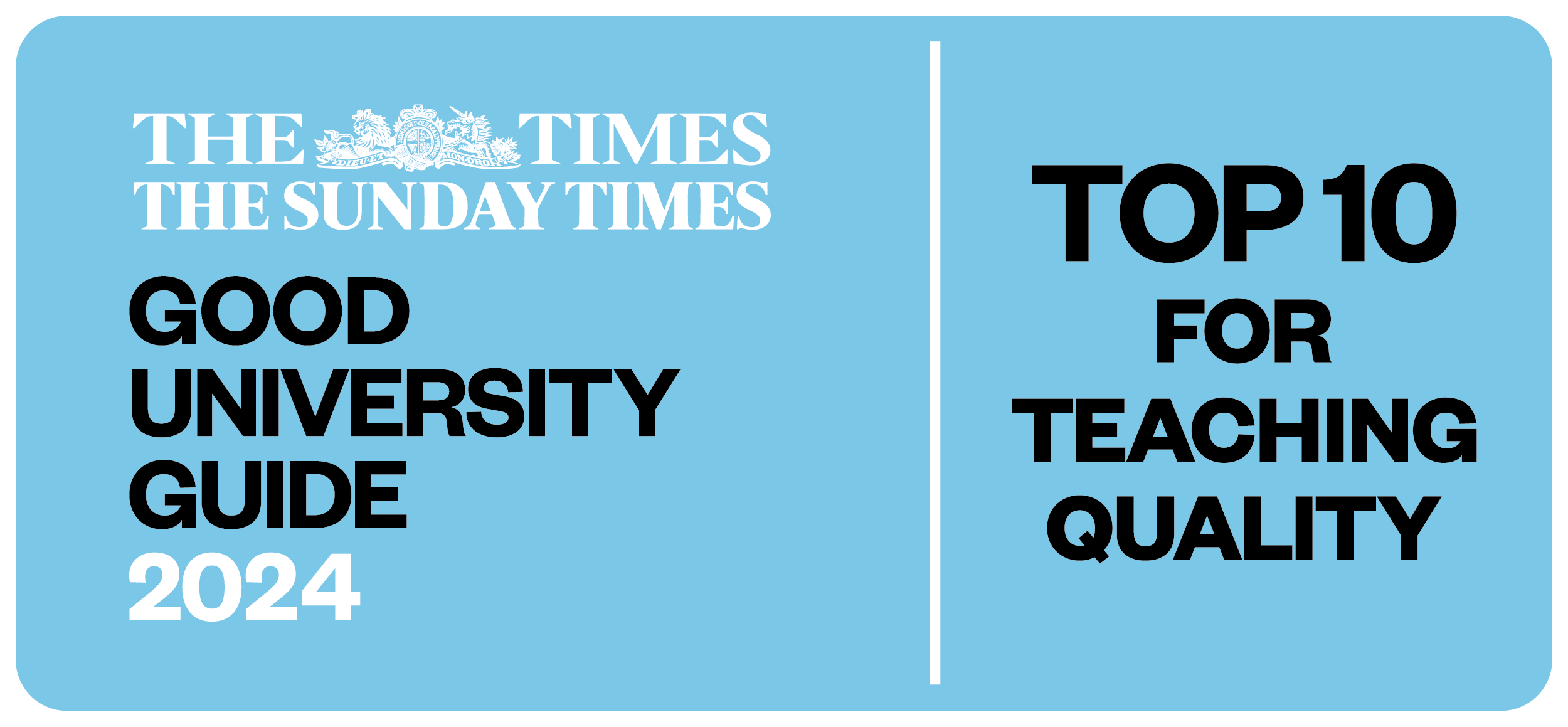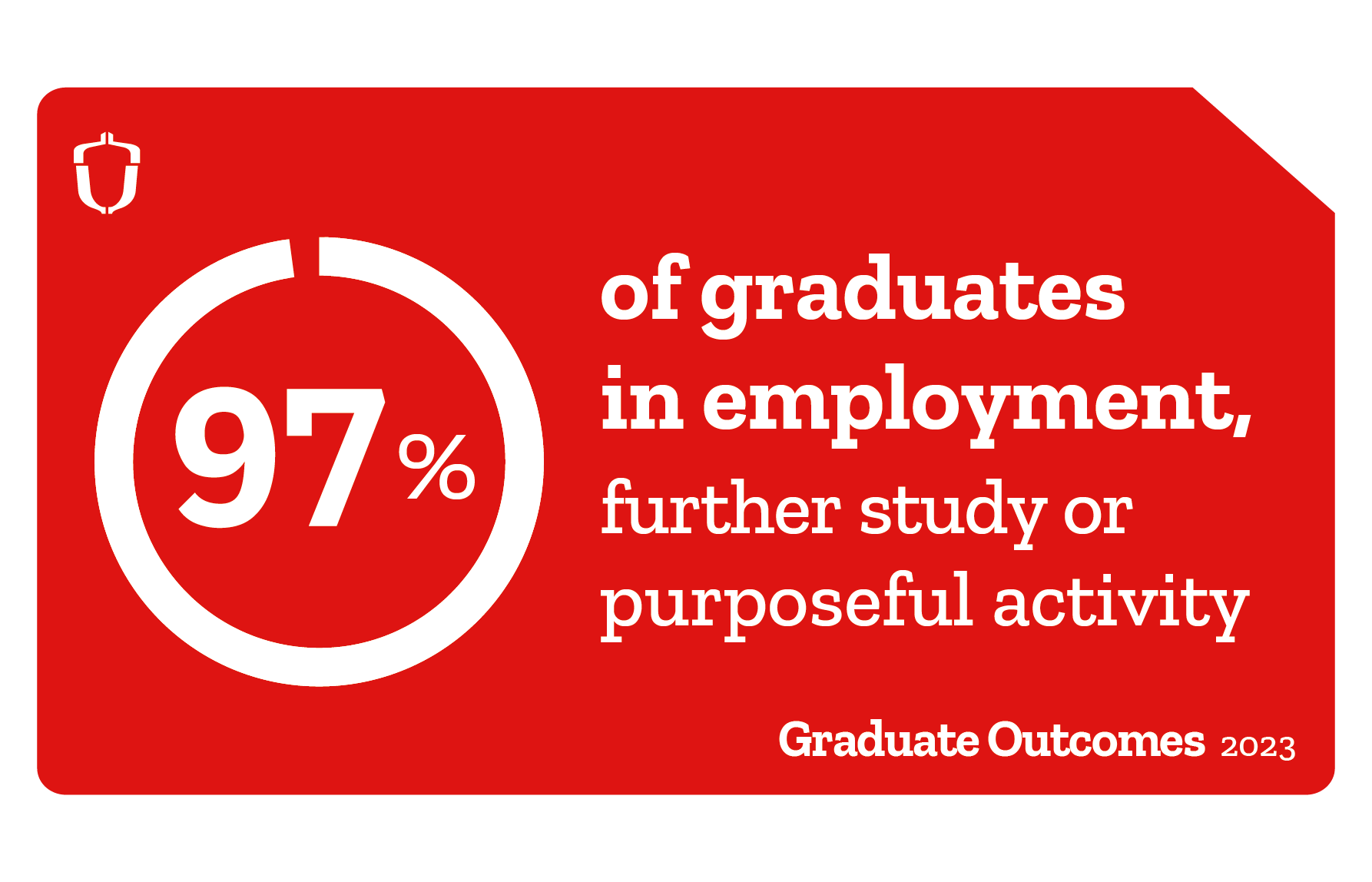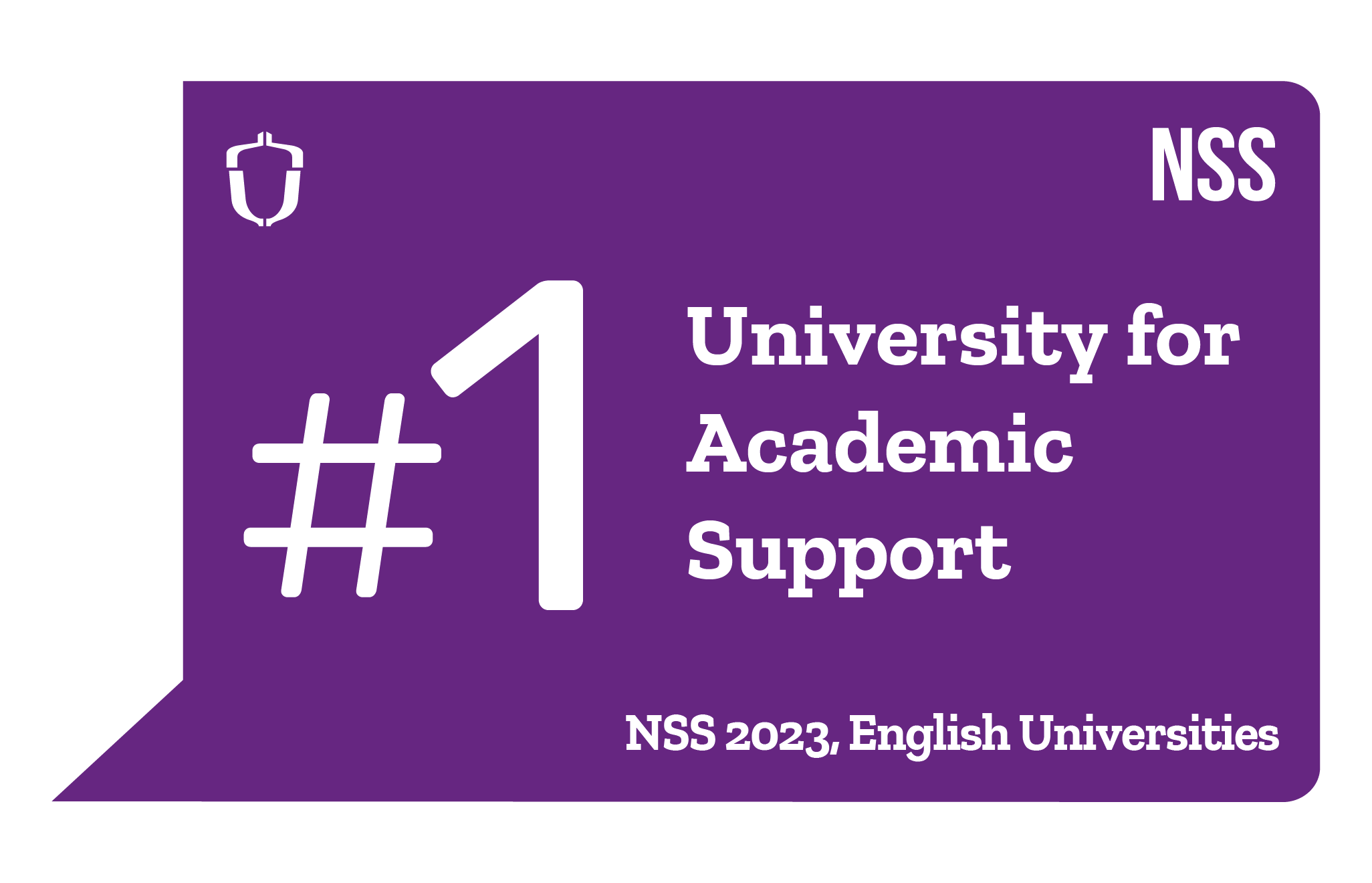You’re joining the rapidly growing animal sector at an exciting time. Almost 85 million households in the US have a pet – that’s increased from 56% to 68% over the past 30 years (Forbes 2018). Your skills and expertise in animal training will be in high demand.
Emerging science and technology allows us to understand animal performance like never before. Training methods place priority on the physical and psychological needs of an animal to maximise wellbeing and performance.
You’ll learn from the latest advances in the field and use industry-standard technologies. Develop your expertise with access to our 70-species animal collection and benefit from our connections with animal trainers, scientists and behaviourists across the UK.
All training is underpinned by the strictest ethics and supported by the latest scientific evidence. This programme has been formally recognised by the ABTC Programme Recognition Committee as delivering the academic elements necessary for an individual to achieve ABTC recognition as an Animal Trainer (AT) and Animal Training Instructor (ATI). To become ABTC registered, a student will then need to undertake an assessment via an ABTC Practitioner Organisation.
- Irish leaving Certificate | Typical offer is 32-48 UCAS tariff points in the Irish Leaving Certificate. This must include a minimum of one Highers.
This must also include Maths and English Language at a minimum of Ordinary Level.
- OCR Cambridge Technical | Typical offer is a PPP in a Cambridge Technical Extended Diploma in a relevant subject.
- T Level | Typical offer is Pass in your T Level overall grade in a relevant subject.
We welcome students with equivalent qualifications. Please contact us to discuss.
We may interview mature applicants and those with non-traditional qualifications to ensure this is the right course for you.
Previous learning towards a university-level qualification or relevant work experience may count as credit for this course.
Please contact us for further information.
Email us
Your support network
You'll benefit from a strong support network from day one to be the best you can be. This will range from your personal tutor and specialist academic support team (our Achievement and Success Centre) to dedicated wellbeing and employability (Innovation, Careers and Enterprise) centres.
Academic support
You’ll have your own personal tutor while you’re here who will support you to succeed in your studies. You’ll also have access to our academic and wellbeing support teams who run regular workshops and one-to-one sessions on campus and online.
Alongside this, we have a comprehensive bank of online study skills resources to help you make the most of your qualification.
Your learning experiences
You'll experience a range of teaching methods to strengthen your digestion of topics, including lectures, workshops and practical sessions, as well as supported work placement learning as part of many courses.
Your career
Each year of your course will be made up of two semesters, within which you’ll study compulsory and optional modules on different industry-focused topics, enabling you to develop your own unique portfolio of knowledge, skills and experience, ready for your career. The course is taught in English.















